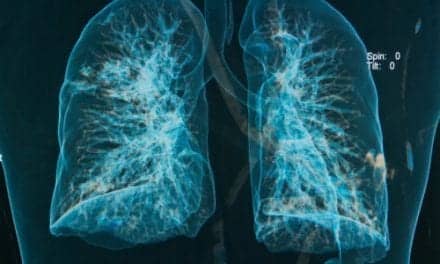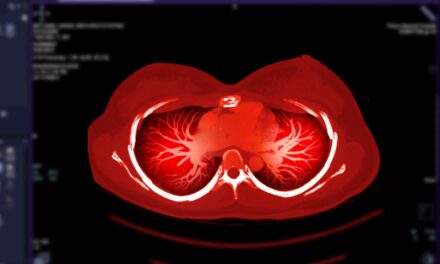Researchers have found another piece in the molecular puzzle of changes leading to pulmonary fibrosis — a protein that attracts immune cells to the lungs.
It offers scientists a new target for developing lung-scarring treatments.
Lung damage leads to the production of a protein that attracts immune cells to the area. Without this signaling, mice develop a milder form of pulmonary fibrosis, the study in the journal Scientific Reports showed.
The protein, CX3CL1, binds to a receptor on the surface of immune cells called macrophages. Scientists have studied abnormal CX3CL1 signaling in a lot of diseases, the research team at Wakayama Medical University in Japan noted.










